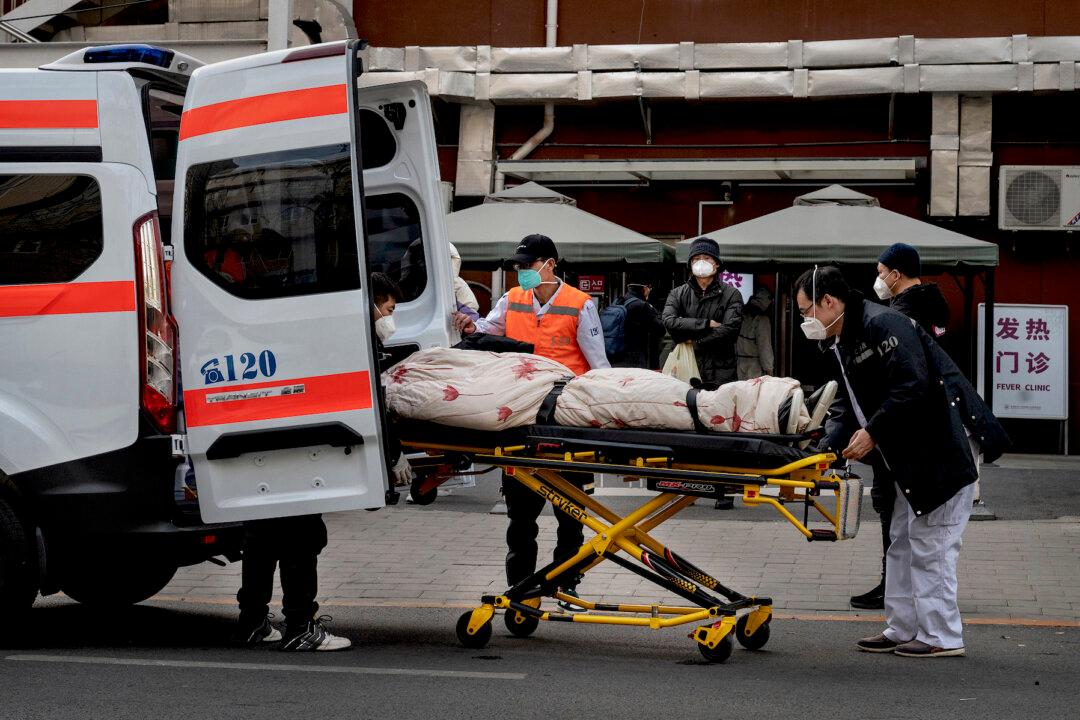It started with a high fever, a telltale sign of COVID-19, that soon led to a positive test result. Yang Lianghua, formerly a senior reporter for the Chinese communist regime’s official mouthpiece People’s Daily and the chief editor of the newspaper’s international edition, then had to wait in the emergency room for a bed in Beijing’s top hospital, which was already beyond packed.
With intervention from the state media’s senior executives and the hospital director, Yang was eventually admitted to the intensive care unit, where he died hours later. The cause of his death was a bacterial lung infection.
Yang was one of a long list of prominent figures tied to the Chinese Communist Party (CCP) who died amid a surge in Omicron sweeping China, after the regime abruptly loosened its years-long draconian COVID-19 restrictions that had shuttered businesses, crippled China’s economy, and made it a challenge for the Chinese population to sustain their basic lives.
The abrupt U-turn in direction, however, was made without the provision of resources and policies to help the populace deal with the mounting cases of infections.
In addition to Yang, those who’ve died over the past few weeks include Zhou Zhichun, former deputy chief editor and vice president for the state-owned China Youth Daily; politician Zhu Zhihong, who once chaired the Jiangxi Provincial Committee of the Chinese People’s Political Consultative Conference; 39-year-old Peking Opera actress Chu Lanlan; Marxist economist Hu Jun; former National Sports Commission vice director Liu Ji; the designer of the mascots from the 2008 Beijing Olympics, Wu Guanying; as well as dozens of illustrious professors at two of China’s most prestigious academic institutions, Peking University and Tsinghua University.
About a dozen leading health experts have also died, including Nan Dengkun, who is credited with having pioneered China’s medical rehabilitation industry, and top pharmaceutical scientist Wei Shuli.
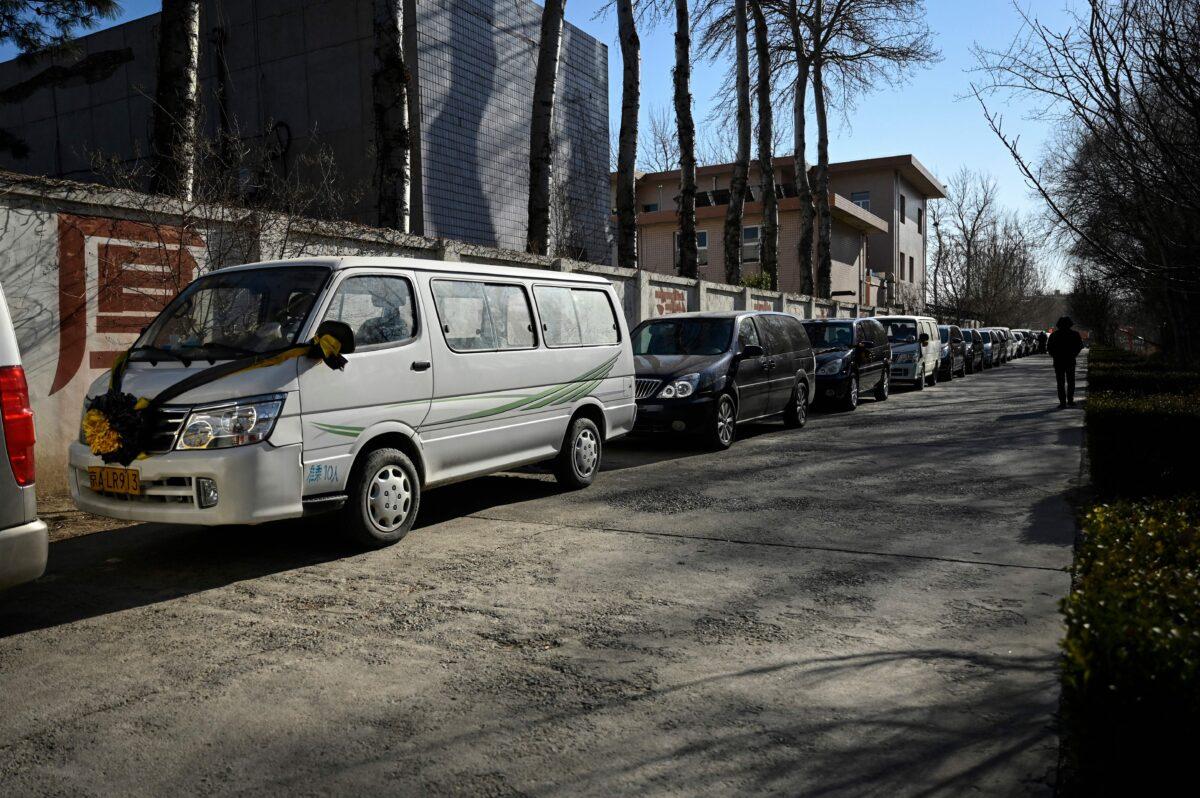
Official Figures a Vast Understatement
Despite the uptick in obituaries of prominent individuals appearing on state media outlets, few details were mentioned about their causes of death.The Chinese regime has turned to its well-worn playbook of vastly understating COVID infection and death figures in a bid to tamp down the news that tarnishes the CCP’s image. The National Health Commission has so far counted only a handful of COVID deaths—eight over a span of three weeks. Only patients dying of COVID-induced pneumonia and respiratory failure are included in this figure. Those with underlying conditions don’t count.
But accounts on the ground present a far grimmer picture.
London-based health research firm Airfinity estimated that more than 5,000 people are likely dying each day from COVID-19, based on modeling from regional Chinese data.
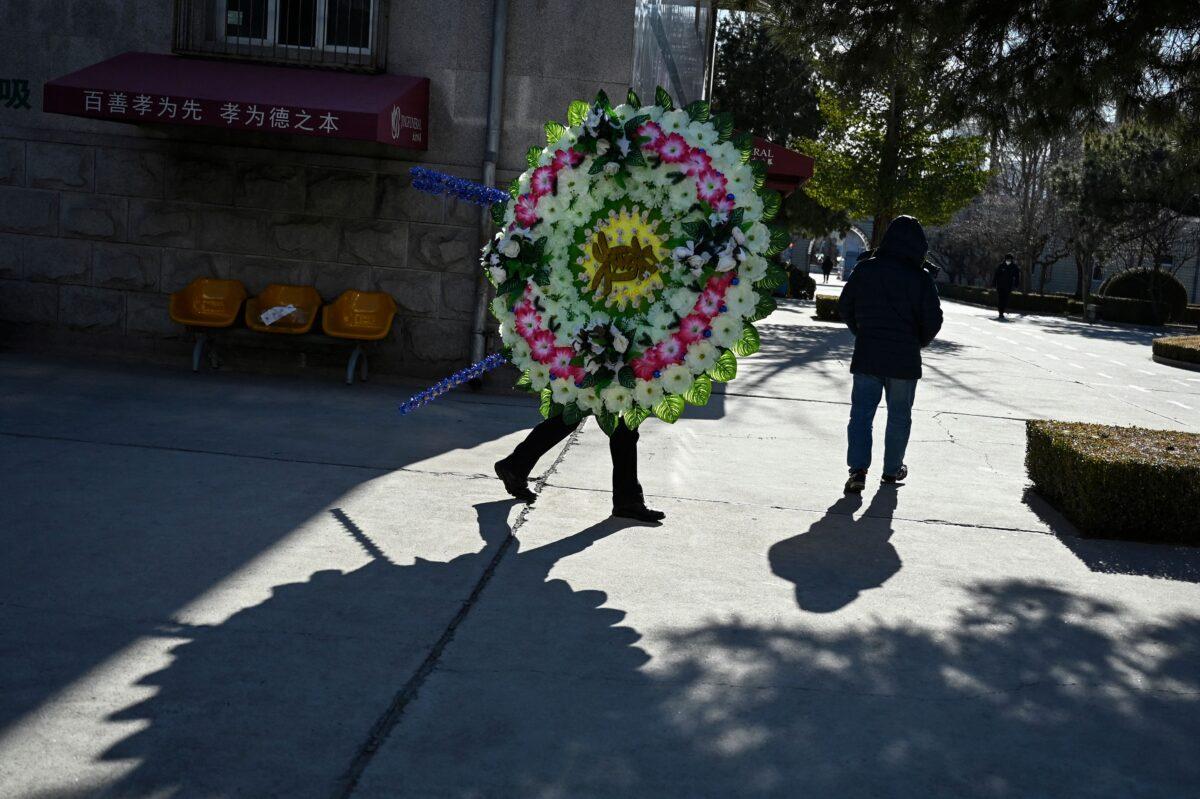
The official tally from China is proving to be such an unreliable guide that even the World Health Organization, a body that has typically held back from directly censuring the regime over its lack of transparency over the course of the pandemic, was airing its doubts.
“In China, what’s been reported is relatively low numbers of cases in ICUs, but anecdotally ICUs are filling up,” WHO’s Health Emergencies Programme Director Mike Ryan told reporters on Dec. 21.
Retribution
Heng He, a China affairs analyst, sees a metaphysical element behind the current COVID surge. While the true toll from the outbreak is unknown, the number of Chinese elites affected is notable, he said.Many of them have been the core players in the regime’s power structure and committed themselves to be propagandists burnishing the CCP’s image.
“Maybe you think it isn’t a big deal, but the CCP is a crime syndicate,” he told The Epoch Times, adding that the recent uptick in cases should make people reconsider their ties with the regime. “Tying one’s life with the fate of the Party will not bring you any good.'’
The idea that “you reap what you sow,” he said, has been deeply rooted in Chinese minds since antiquity.
“A popular belief in China is that good deeds will meet with good returns and vice versa, and that you could see retribution within one’s lifetime,” Heng said.
“That’s why Chinese people always warn against aiding anyone in a wrongful act—especially the persecution of faiths.”
Heng was pointing to the regime’s brutal suppression campaigns targeting Falun Gong and other beliefs.
“In a sense, one might consider this karmic retribution,” he said.
That concept was illustrated in a March 2020 article by Mr. Li Hongzhi, the founder of the spiritual discipline Falun Gong.
“But a pandemic like the current Chinese Communist Virus (or ‘Wuhan Virus’) comes with a purpose behind it, and it has targets. It is here to weed out members of the Party and those who have sided with it,” Mr. Li wrote.
“If anyone is in doubt about this, just take a look at which countries or people have been hit hardest by the virus: it is those who have become close with the CCP. Then what should people do? People should distance themselves from the CCP and stop siding with the Party.”
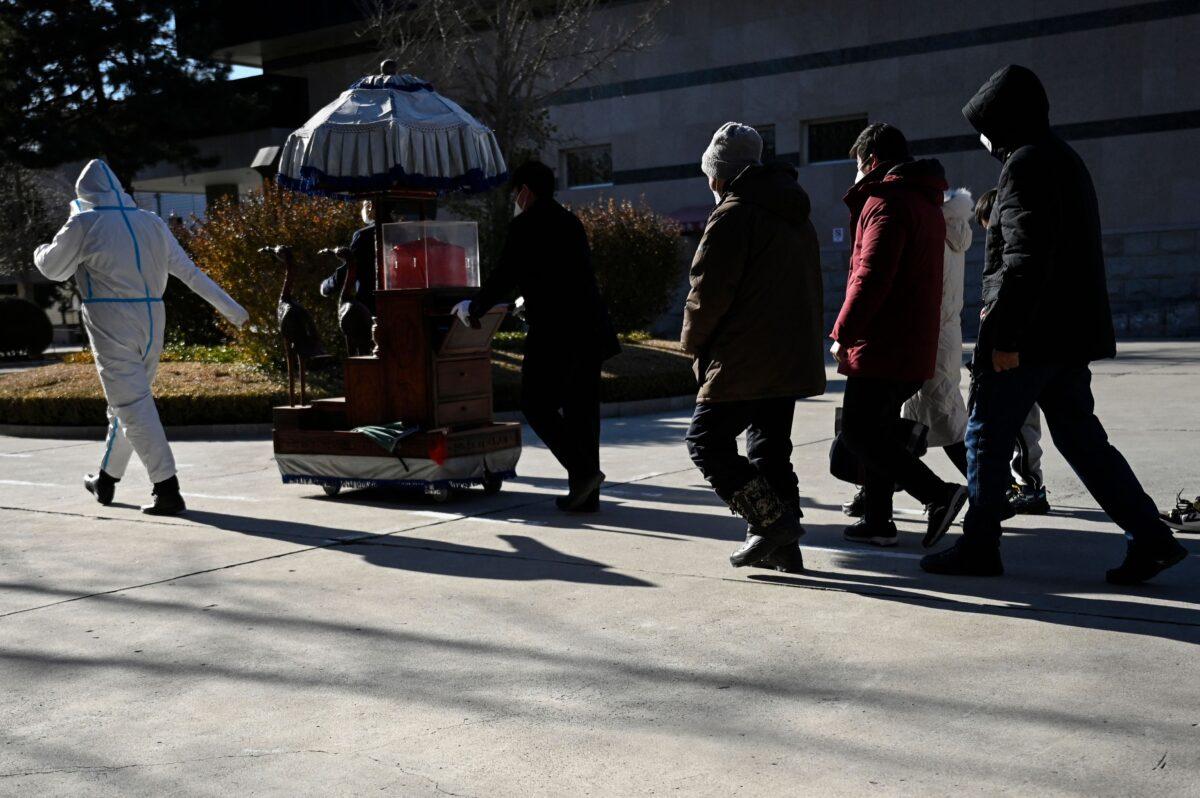
Elites Left Defenseless
The upper echelon of the CCP, who’ve largely shielded themselves from the damaging effects of lockdowns over the past few years, have found themselves suddenly vulnerable in the latest wave.“How many days will you be feverish until you recover?” she wrote, without identifying who she was referring to, according to a screenshot of a deleted post. “Where did all these drugs go?”
She later added that they were using popsicles to lower body temperature.
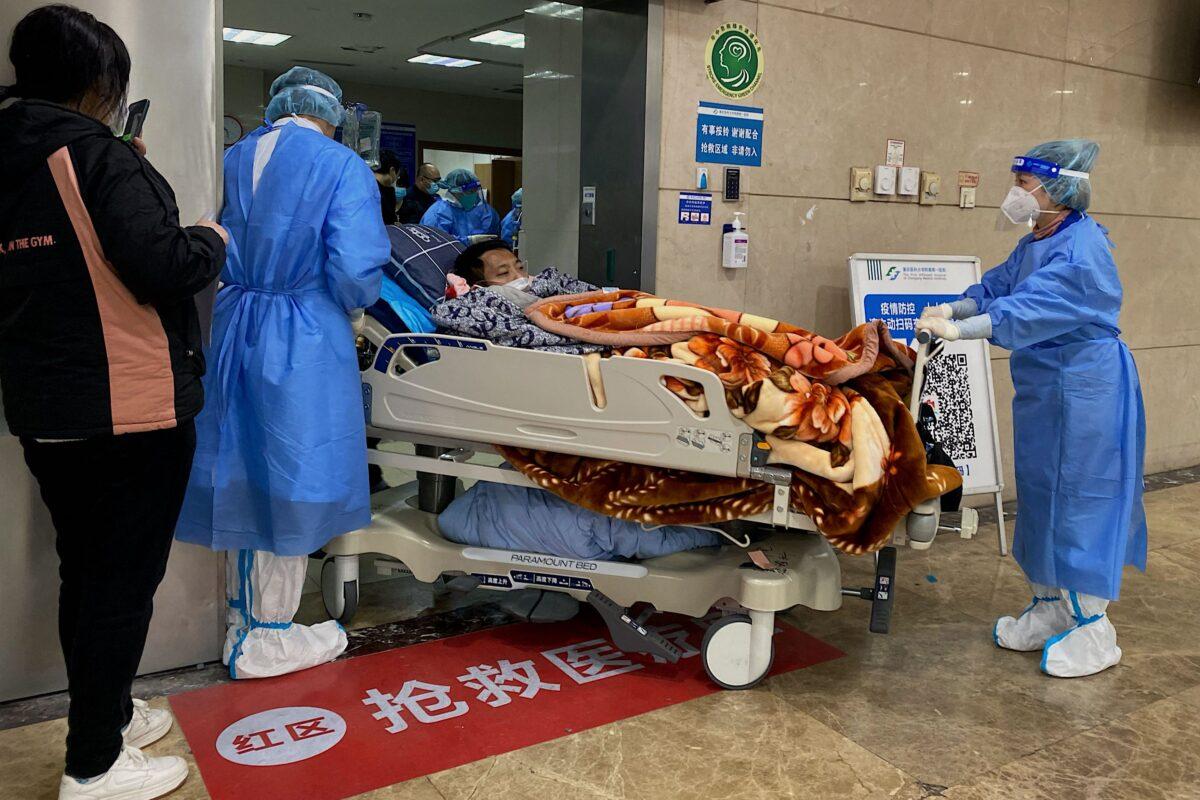
Nationalist economist Hu Angang, director of the Center for China Studies, who advises the communist leadership, recently lost his father-in-law to pneumonia induced by COVID-19. The family couldn’t reach the medical hotline for an hour, and then had to wait for hours for the ambulance, according to a widely cited post from Mei Xinyu, a senior analyst at the International Trade and Economic Cooperation Institute at China’s Ministry of Commerce.
“The old gentleman is a senior Party member who has received medallions from the country, but can only wait for cremation in the hospital morgue,” Mei wrote on Dec. 21, adding that the Beijing Babaoshan Funeral House, where his body will be sent, cremates about 200 to 300 bodies each day. “There’s no spot today.”
